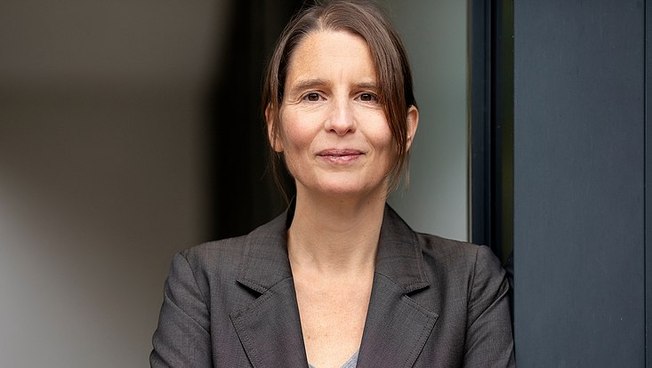3 July 2023
Funding from the German Research FoundationEUR 4.5 Million for Research Unit on Learning Processes and Psychological Health

Photo: Kerstin Seipt
The symptoms and causes of psychological illnesses are manifold and complex. One important factor is if patients have a distorted view of reality. “They are not in a position to actively process new situations or information and thus they are often less able to adapt to external changes,” explains Prof. Dr. Tania Lincoln, professor of clinical psychology and psychotherapy at Universität Hamburg. They may have beliefs that no longer correspond to real experiences and this can lead to greater uncertainty.
In the newly established research unit Contextual Influences on Dynamic Belief Updating in Volatile Environments: Basic Mechanisms and Clinical Implications, Lincoln and her team will be systematically analyzing the mechanisms in our brain when processing new information and changes and above all why they do not work in some people. “We also want to study the influence of developmental phases such as childhood and adolescence and external factors such as stress on this type of dynamic learning,” says Lincoln. Their findings should make it easier to grasp the development of various psychological conditions.
To pursue their work, the group will be compiling expertise from the fields of psychopathology, development, learning mechanisms, neuronal processing, and cognitive modeling. In addition to Prof. Lincoln, the following professors from Universität Hamburg will be involved: Prof. Dr. Sebastian Gluth (general psychology), Prof. Dr. Ulf Liszkowski (developmental psychology), Prof. Dr. Anja Riesel (clinical psychology and psychotherapy with a focus on clinical neuroscience), and Prof. Dr. Lars Schwabe (cognitive psychology).
They are also cooperating with researchers from the University Medical Center Hamburg-Eppendorf, Humboldt-Universität zu Berlin, Freie Universität Berlin, and the Friedrich Schiller University in Jena. The researchers want to measure and study dynamic learning processes with a playful computer task to see which neuronal processes are involved.
University president Prof. Dr. Hauke Heekeren: “This is a great achievement for Universität Hamburg—University of Excellence and an occasion to celebrate! I congratulate the team headed by Prof. Dr. Tania Lincoln. The group’s research will significantly expand our understanding of how people learn and adapt. This will help us identify clinically relevant deviations and it is promising for innovative and optimized developmental interventions. The grant for the German Research Foundation unit attests to top performance in research at Universität Hamburg and shows that our work has the potential to revolutionize our understanding and treatment of psychological disorders. This has great added value for society.”
German Research Foundation research units are intended to allow researchers to address current issues in their field, and to establish innovative new directions in research. In addition to the €4.5 million, there is also a flat program sum, bringing funding to a total of €5.4 million.
